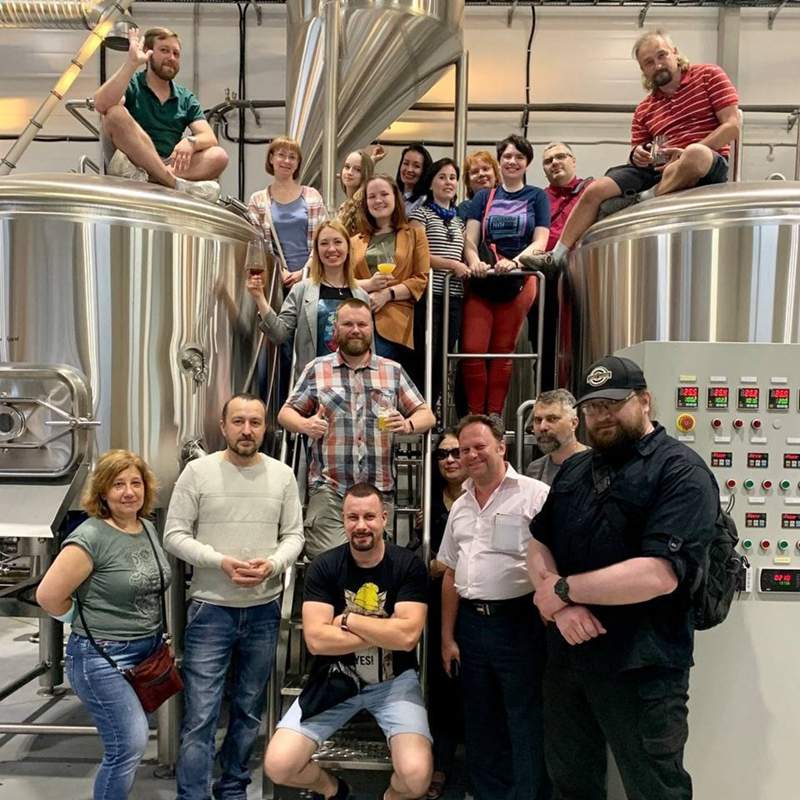
Beer is a carbonated, low-alcohol beverage made from malt, rice, hops, and water, and fermented by beer yeast. Filtration is a critical step in beer production, aimed at removing solid particles and suspended matter from the beer to improve its appearance, taste, and shelf life. By eliminating impurities and microorganisms that could affect the flavor and quality, filtration significantly enhances the overall quality of the beer.
During the brewing process, sediment can form, and if not removed, it can lead to cloudy beer with an unpleasant taste. Beyond appearance and flavor, the quality of the beer is paramount. Filtration removes yeast and other microorganisms, preventing beer contamination. While yeast is essential in the brewing process, its presence in the final product can lead to spoilage and potential health risks for consumers. Filtered beer has a longer shelf life and is free of bacteria, ensuring a pure and enjoyable experience for consumers.
The filtration process not only removes sediments like hop resins, proteins, polyphenol compounds, glucans, calcium oxalate particles, and yeast from the beer but also effectively adjusts its clarity and transparency. Many beer brands rely on a clear, golden transparency as a key part of their brand image, making the selection of the right filtration methods and equipment crucial in the brewing process.
Key Beer Filtration Processes
Clarification filtration is one of the most common types of filtration in beer production, with the main goal of removing suspended matter and particles to make the beer clear and visually appealing. Key clarifying agents include:
Diatomaceous Earth: A porous mineral commonly used as a filtration medium. As beer passes through layers of diatomaceous earth, large particles are trapped, resulting in clearer beer.
Polymers: Such as polyvinylpyrrolidone (PVPP) and polyacrylamide (PA), which can adsorb and remove proteins and polyphenol compounds from the beer, enhancing its stability and transparency.
Purification Shells: Used to remove hop residues. Their hard, porous structure effectively filters out large particles.
Clarification Filtration Media: Including filter cloths, papers, and membranes, with adjustable fineness to meet specific needs.
Sterile Filtration
Sterile filtration ensures that beer is free of microorganisms when bottled or canned. This step is crucial because the presence of microbes can lead to spoilage or uncontrolled fermentation. Sterile filtration typically uses microporous filters with a pore size of around 0.2 microns, sufficient to filter out most yeast and bacteria.
Cold Stabilization
Cold stabilization targets insoluble proteins and casein that cause beer to become cloudy at low temperatures. This process involves letting the beer sit at low temperatures or using filtration media to remove these insoluble substances, ensuring the beer remains clear during cooling and storage.
Other Filtration Methods
Fine Filtration: Uses finer filtration media, such as those with a pore size of 0.45 microns, to further enhance the clarity and stability of the beer.
Rotary Filtration: Utilizes rotating filtration equipment, combining pressure and centrifugal force to push beer through the filtration media, effectively removing suspended matter.
Main Objectives of Beer Filtration
Remove or reduce substances that cause cloudiness in the beer, such as high-molecular-weight proteins, polyphenols, and glucans.
Remove or reduce yeast in the beer, eliminating active microorganisms like Lactobacillus, Pediococcus, Pectinatus, and Pasteurella.
Improve the taste of the beer, making it clear, transparent, and glossy. Filtration can enhance the color of the beer, making it more vibrant and satisfying consumer expectations.
Beer filtration is an indispensable step in the brewing process. By selecting appropriate filtration methods and conditions, brewers can effectively adjust the quality and flavor of the beer, meeting consumer preferences and market demands. Filtration relies on media such as screens and diatomaceous earth, which capture solid substances in the beer through processes like sieving and adsorption, resulting in a clear and transparent product.
Still have a problem on choosing the brewery equipment? We can help with your final decision. If you are looking for a turnkey solution for craft beer brewing system, please contact us. We are looking forward to working with you. Send an email now: tiantaibrew@cnbrewery.com
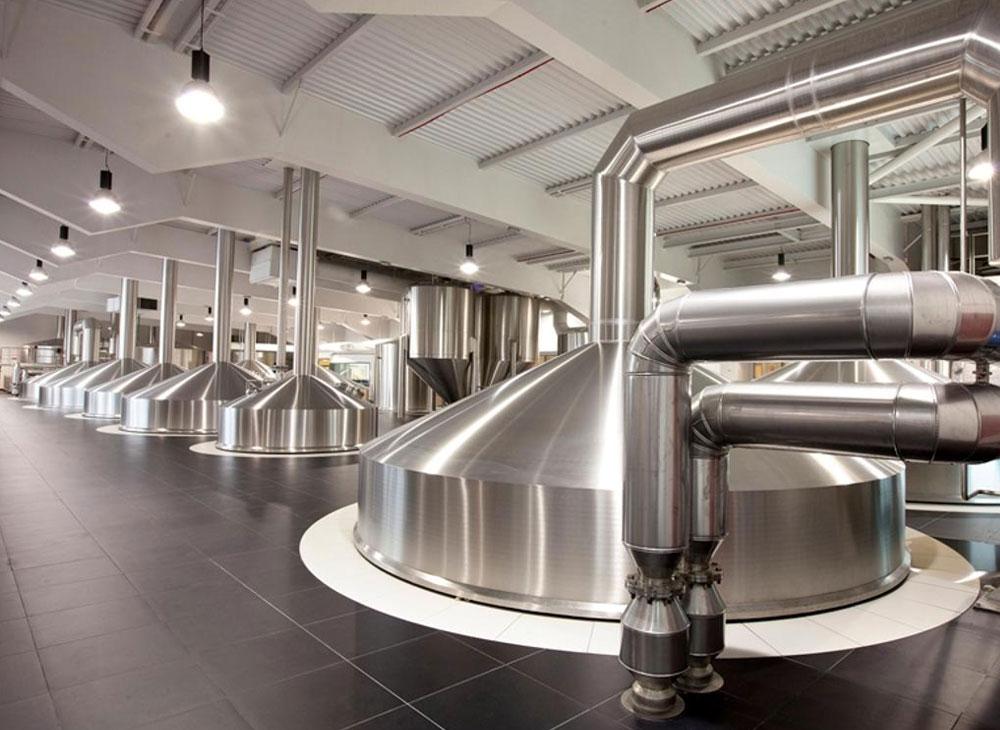
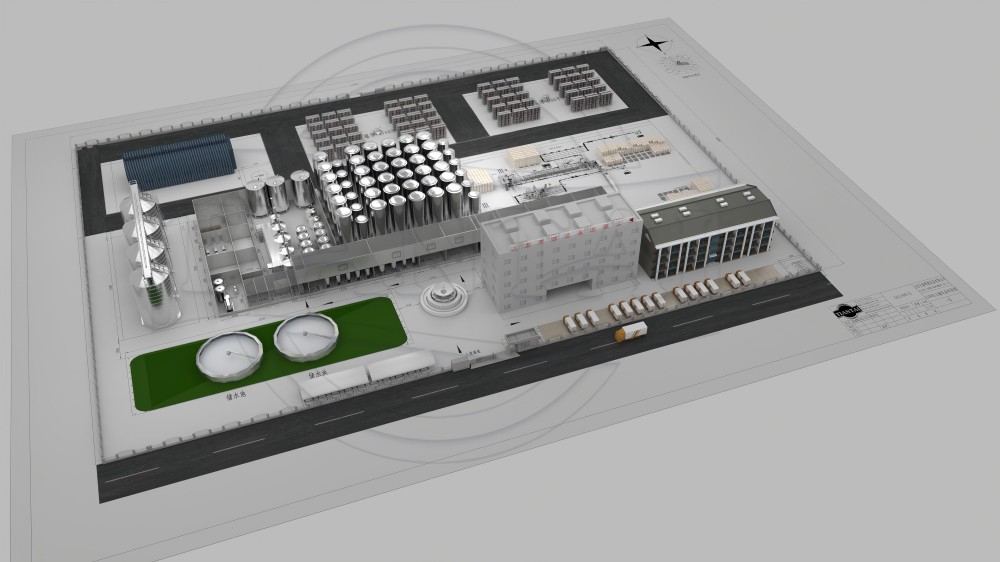
.jpg)
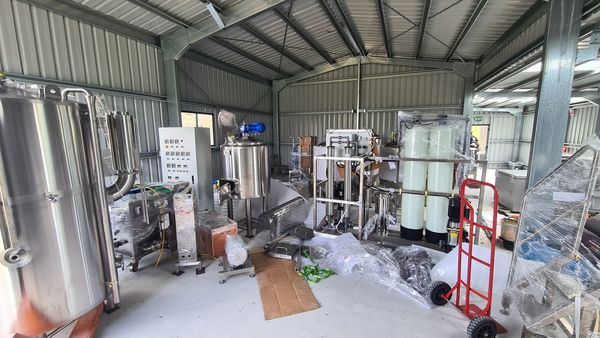
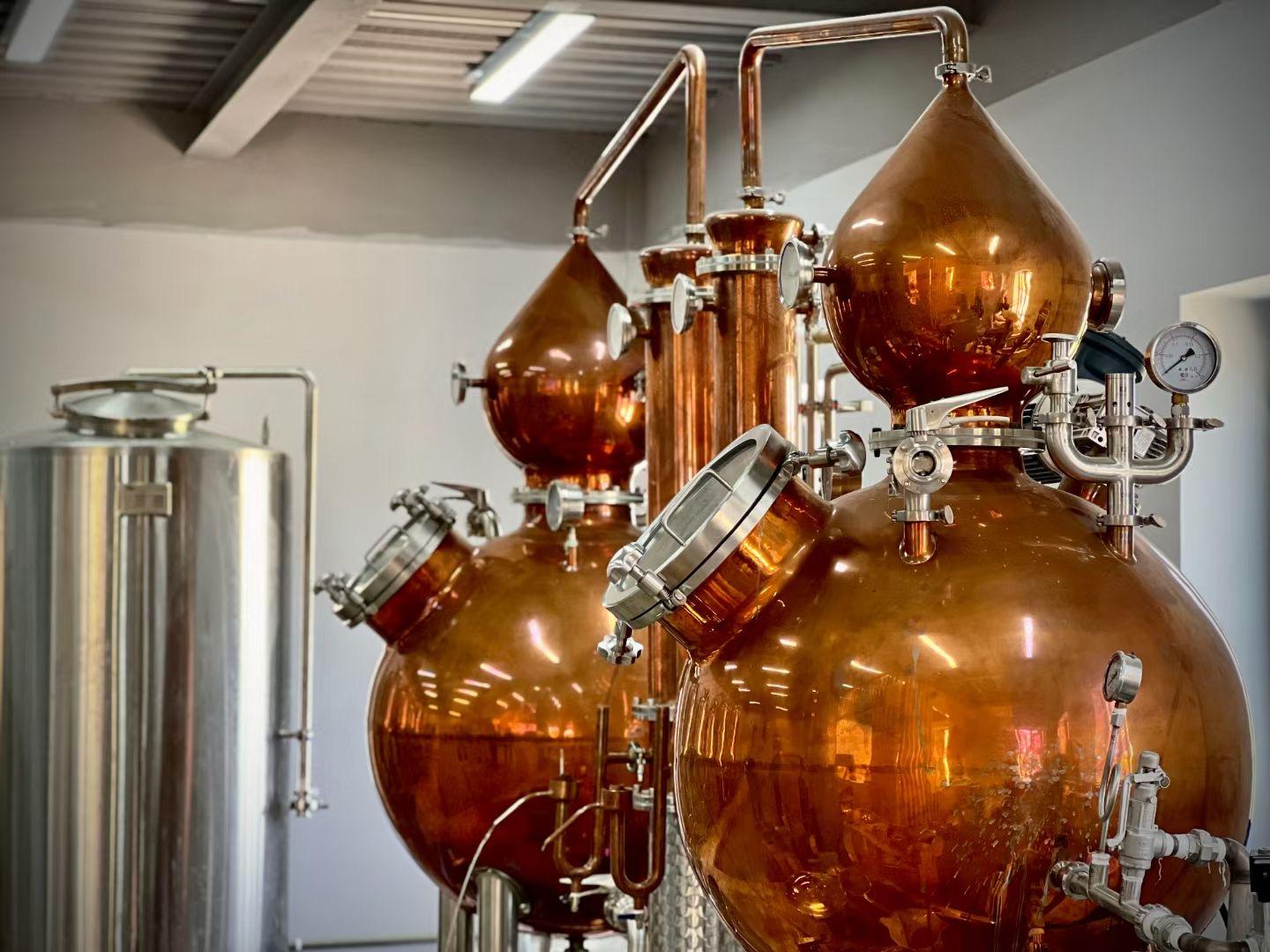
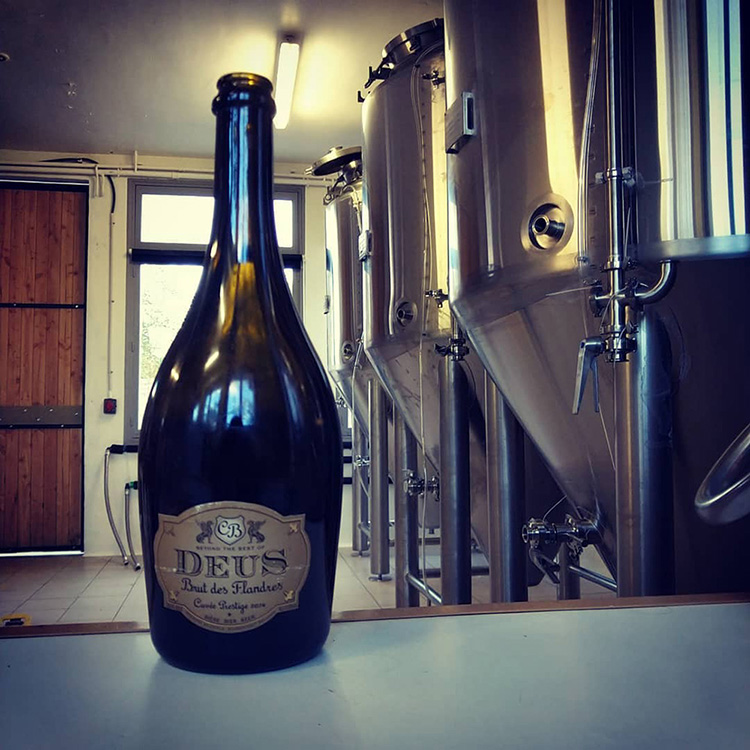
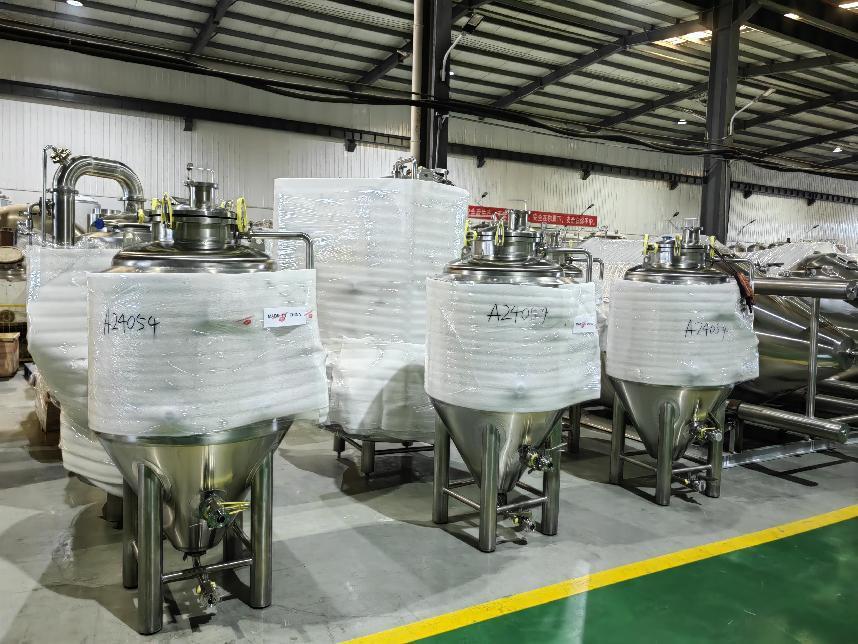
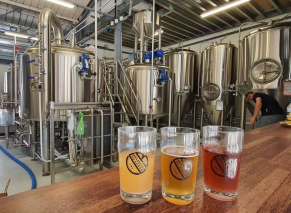
Get A Quote